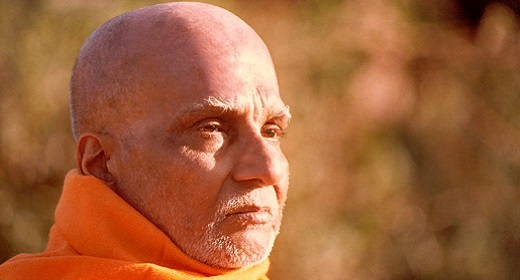Great leaders make smart decisions, even in difficult circumstances…
From Albert Einstein to Oprah Winfrey, many top leaders ascribe their success to having followed their intuition. New research shows how going with our gut instincts can help guide us to faster, more accurate decisions.
Intuition — the idea that individuals can make successful decisions without deliberate analytical thought — has intrigued philosophers and scientists since at least the times of the ancient Greeks. But scientists have had trouble finding quantifiable evidence that intuition actually exists.
Now, a team of researchers from the University of New South Wales has come up with a novel technique demonstrating just how much unconscious intuition can inform — and even improve — our decision-making. The research team — psychological scientists Galang Lufityanto, Chris Donkin, and Joel Pearson — recently published their findings in Psychological Science.
“Many people use the phrase ‘intuition’ to describe a sensation or feeling they have when making decisions, but these are only descriptions, they don’t provide strong evidence that we can use unconscious information in our brain or body to guide our behavior,” Pearson explains. “This is the first time we have been able to show strong evidence that something like intuition does actually exist.”
To measure intuition, the researchers designed an experiment in which participants were exposed to emotional images outside conscious awareness as they attempted to make accurate decisions. The results of the study demonstrate that even when people were unaware of the images, they were still able to use information from the images to make more confident and accurate decisions.
“These data suggest that we can use unconscious information in our body or brain to help guide us through life, to enable better decisions, faster decisions, and be more confident in the decisions we make,” Pearson says.
In the experiment, groups of college students were shown stimuli composed of a cloud of many moving dots, which looked like the noisy “snow” you might see on an old TV. Participants had to report which general direction the cloud of dots was moving in, left or right.
“While our subjects were making these decisions, we presented one of their eyes with emotional photographs, then we utilize another technique called continuous flash suppression to render these emotional photographs invisible or unconscious,” Pearson explains. “So while the subjects were making these sensory decisions, they never knew they were being presented with these emotional photographs.”
Participants were fitted with a mirror stereoscope during the experiment, which allowed the continuous flash suppression to mask emotional images in the other eye.
The emotion-provoking photographs included both positive images, like adorable puppies, as well as disturbing negative images, such as a snake about to strike. The type of image, positive or negative, indicated which direction the cloud of dots was moving.
Across four different experiments, Pearson and colleagues found that people were able to make faster and more accurate decisions when they unconsciously viewed the emotional images. Essentially, people’s brains were able to process and utilize information from the images to improve their decisions.
“Another interesting finding in this study is that intuition improved over time, suggesting that the mechanisms of intuition can be improved with practice,” Pearson adds.
Additional evidence for intuition came from participants’ physiological data. In one experiment, the researchers measured participants’ skin conductance — an indicator of physiological arousal — as they made decisions about the swarm of dots. In an exciting finding, the researchers observed that skin conductance predicted behavioral intuition; that is, even when people weren’t aware of the images, their bodies showed a physiological reaction to the emotional content of the stimuli.
According to Pearson, the ability to quantitatively measure intuition could be a boon to many different fields, especially when it comes to workplace hiring: “This could be applied in the workplace, taking the place of existing questionnaires which really only test people’s opinions about their own feelings of intuition. We do have intuition and we can measure it scientifically.”








































